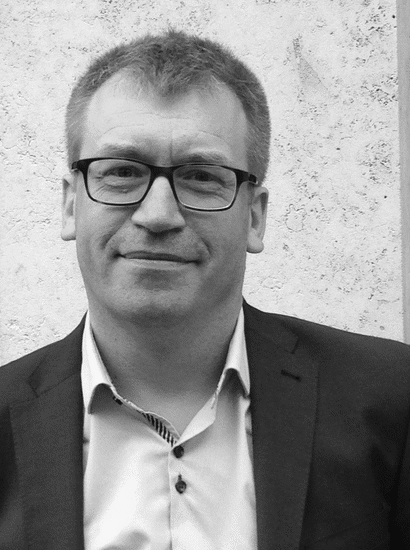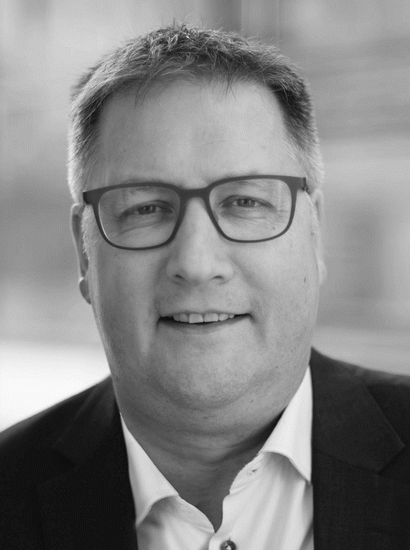
NFDI4Culture Community Art History
Art History primarily consists of a debate on visual matter. With paintings, sculptures and architecture there have always been diverse media types within art-historical research. Modern and especially Contemporary Art has expanded the range of media types, for example, with audio-visual art works or performances as temporary events. The rise of the discipline of Digital Art History brings even more data and data formats to the table, all of which need data to be analysed, annotated and archived under common and valid standards. In Germany the Arbeitskreis Digitale Kunstgeschichte (within the Verband Deutscher Kunsthistoriker) in particular has made it its mission to promote and connect those who are active in this field. arthistoricum.net – the Specialised Information Service Art, Design, Photography (FID Kunst) – promotes digital research and open access publications on European art and art history, including photography and design. Despite the huge leap the art history community has taken with regards to online publications and digitisation, there is growing demand for managing digital assets throughout the entire research data life cycle.
When it comes to accessing, storing, handling and publishing research data, the need for support remains strong amongst art historians and also in the field of fine arts. Subject-specific requirements exist, in particular, when dealing with image and audio-visual data as well as visual-spatial representations of (art) works. In addition to the content and technical quality of data, questions around accessibility and legal certainty – also on an international scale – play a major role.
NFDI4Culture brings together all GLAM institutions as well as universities, art colleges and art associations that are dedicated to finding joint solutions. Within this network they benefit from each other in terms of infrastructure and experience in research data management. Advisory services, training offers as well as infrastructure solutions for every stage of the research data life cycle are being developed in close collaboration with the participants and will be accessible to the entire art history community. NFDI4Culture thrives through the input and expertise from scholars and members of the cultural sector and welcomes their participation.

User Story 03
As curator I would like to digitally record the collection of paintings of the State Museum for the first time in order to make an inventory, to store my own research results in a well-structured way (CIDOC CRM/LIDO), to publish them and to make them available for subsequent use. In addition to cataloguing for the purpose of archiving, the practical use of image files for day-to-day operations at a museum lies at hand: easy transfer to third parties for purposes of research, compiling of catalogues as well as printing of postcards for the museum shop. for the entire process, my team needs to acquire skills for adequate handling of research data. I need customisable trainings within a narrow timeframe. Furthermore I, myself would like to be able to develop and conduct customised work-shops for my employees.

User Story 04
As a doctoral student in the field of art history, I do research on the subject of ruler portraits. I search the internet for information to complete and optimise my research. I will publish my doctorate digitally.

User Story 05
As head of the digitization department of an art historical institute, I am making an inventory of our collection. In addition, digital images of objects are created on behalf of the associated researchers. In addition to our close cooperation with the University Library, I would like an exchange with the specialist community regarding standards development in order to keep our database up to date and highly connectable. For this inventory process, I need qualified staff (regular staff and assistants). I have to pass on and develop the appropriate skills and for this I need suitable training formats that fit the task at hand. I want to be able to direct my requests and thoughts to a central, single point of contact.
/
As project manager of a digital edition of musical works, I would like to keep the image data resulting from the digitalisation of the underlying sources available for long-term use. My staff requires customised, quality-assured trainings on the long-term availability of image data of musical works.

User Story 07
As a music ethnologist, I am responsible for keeping audio/video files (or corpora) created during my research accessible in accordance with the preconcerted legal agreements. Since I am also involved in teaching, I would like to pass on my expertise on this form of analysis to my students so they can apply these skills.
/
As curator of the contemporary collection of a large museum, I would like to make our bundle of video art and the performance documentation accessible for research.

User Story 11
As a researcher in the field of art history, I am looking for historical books by librettists that include prints showing the iconographic subject "Hercules at the Crossroads".
Example:
https://www.e-rara.ch/zut/wi-hibe/content/thumbvie-w/8402857

User Story 16
As head of a State Monuments Office I work on several projects at the same time (building surveys- excavation projects - archiving - inventory surveys- survey projects and field inspections - evaluation - cataloguing and reviewing of stacks - preparation for museum presentations). Although the collected data sets are heterogeneous in nature, I would like to collect all data in project-specific databases and interconnect them with each other. At the same time, I want to promote collaboration with other State Monuments Offices in order to go beyond micro-regional evaluations, since a lack of standardisation regarding data collection often stands in the way of a comprehensive regional evaluation of periodiodical/object groups. The search for comparable objects (e.g. comparable architectural buildings) and the analysis of structures (settlement patterns, ceramic developments) could be optimised in a more target-oriented and comprehensive way. In order to guarantee the competent handling of this database, I need qualified employees. I have to pass on and develop appropriate skills and for this I need suitable training formats that fit the task at hand. I want to be able to articulate these needs in a central, single point of contact. In order to carry out this research project, I need qualified staff. I have to pass on and develop appropriate skills and for this I need suitable training formats that fit the task at hand. I want to be able to articulate these needs in a central, single point of contact.

User Story 25
As a Wikimedian I am happy to be involved in the digital cultural commons and have already made many edits on Wikipedia pages about cultural heritage and made pictures available for free use at WM Commons. I have made contributions to Europeana’s crowd sourcing projects, such as annotating pictures from the 1st World War. I am particularly interested in providing my specialized knowledge on Corinthian temples for various digital objects. I am pleased if this knowledge can be made available a human- and machine-readable way and be reused in research and I can help expanding the general body of knowledge in this field while doing so.

User Story 27
As director of a museum, I would like to digitize parts of the collection and in order to ensure the best possible re-use of the material, I am looking for guidelines and standards for implementation. The collection includes old prints, photographs and various objects such as containers, tools and jewellery.

User Story 28
As curator of a major museum for art and cultural history, I am planning the web publication of our inventory data as part of the implementation of our institution’s new digital strategy. Our inventory should not only be searchable in multiple languages on our website, but should also be delivered to relevant portals such as the DDB and Europeana, in order to make our inventory known to as many users as possible, in particular the expert scientists. They should be able to access the differentiated specialized terminology of our intern database in multiple languages, which has been available only in German up to now. Since the database vocabulary has grown historically over the past two decades, editing is necessary prior to the web publication.

